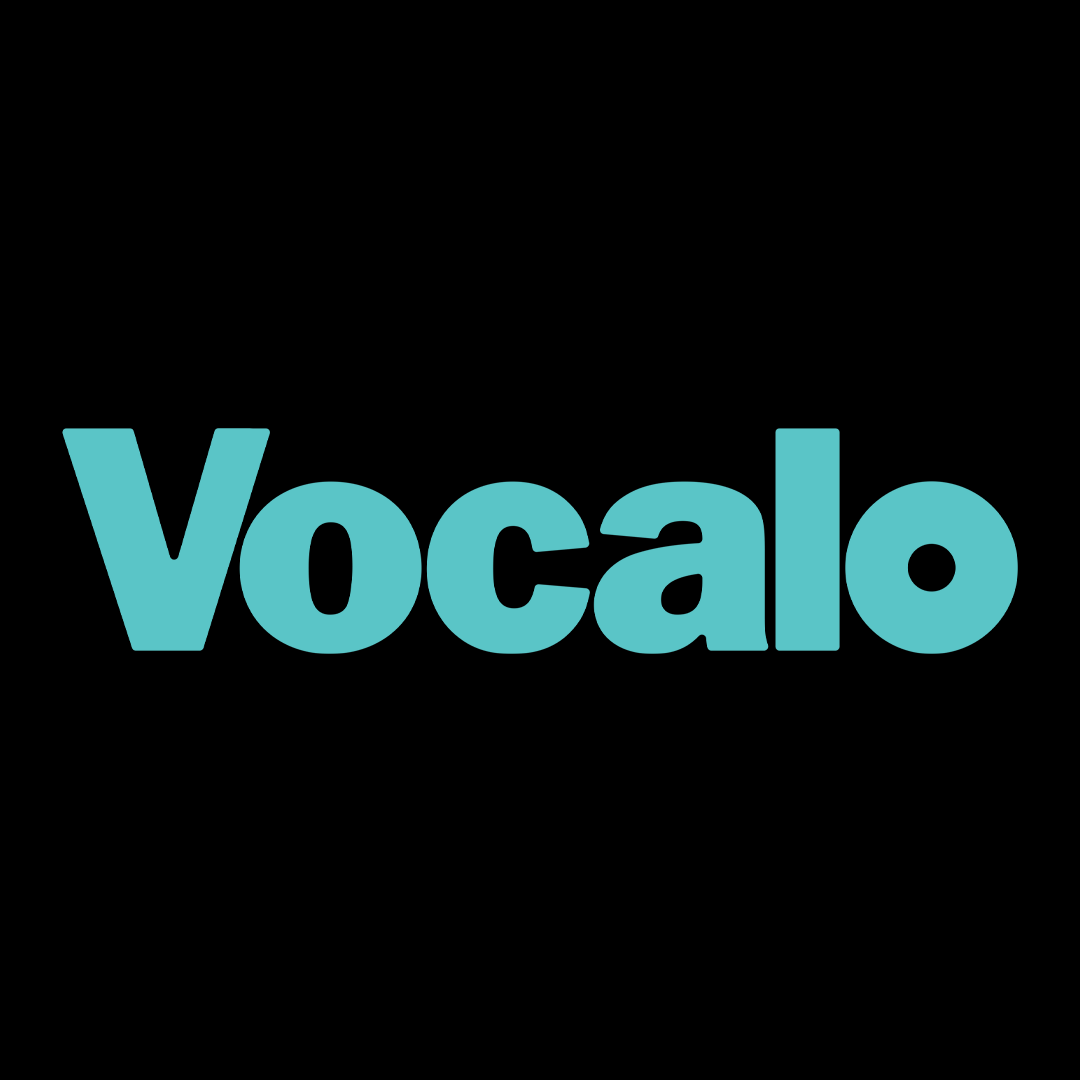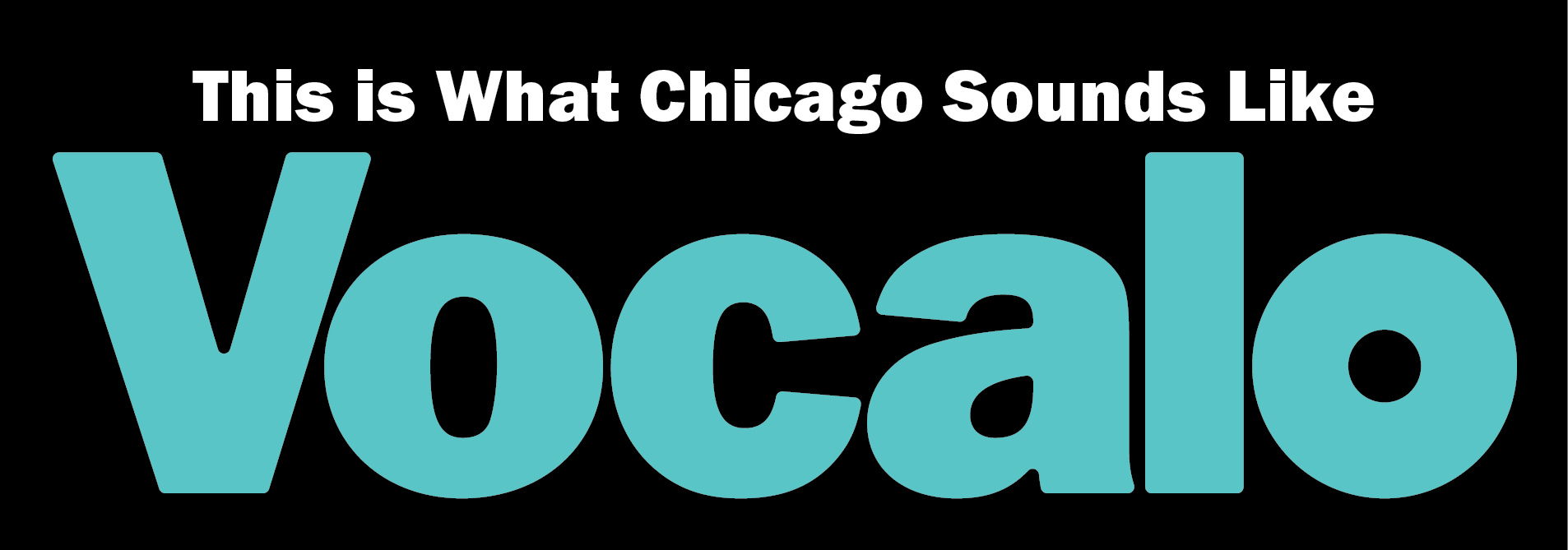Daisy Zamora Takes Healing Into Her Own Hands
Written by Vocalo Radio on May 25, 2023
Chicago activist and doula Daisy Zamora supports Chicago communities from birth to beyond. This is what her Chicago sounds like.
Chicago doula and activist Daisy Zamora wants to give parents comfort as they bring new life into the world — and support community members in need throughout their lives. Inspired by her mother, who used community resources around her to provide opportunities for her family, Daisy Zamora now works as the operations manager for Truth, Racial Healing & Transformation and a volunteer doula with Chicago Volunteer Doulas to provide the same support to her community.
Zamora took an interest in the process of giving birth and bringing life into the world at a young age. She feels it’s important for parents to have the ability to consider options beyond medical centers to give birth, and is intentional about providing comfort during childbirth — regardless of the setting.
“You can be supported by people that look like you and speak your language,” Zamora said. “At the end of the day … parents that are expecting should have many choices. ”

As a proud Latinx Chicagoan, Zamora builds community through her activism with organizations like Truth, Racial Healing & Transformation Chicago. Facilitating and leading community solidarity circles, Zamora promotes healing through conversation and believes these discussions can help create a radically inclusive Chicago.
“We’re humans, we need connection,” Zamora explained. “You got to go be where the people are at, or they have to come to you. It’s not the end-all-be-all, but it is something.”
Zamora is also passionate about fighting food insecurity and works with Fresher Together to plant and harvest produce. In this segment of “This Is What Chicago Sounds Like,” Daisy Zamora breaks down her activism and the impact her mom has had on her journey.
Where are you from?
Born and raised in Chicago. I’m currently — once a doula, always a doula, so I’m definitely a doula for life. And I also work at a place called Truth, Racial Healing & Transformation. As an Aries, it’s interesting that I have all these skills, but I am a Leo moon … and a Libra rising. Libra risings are very much about fairness and justice. So I think whenever I see something that’s off, I’m like, “That doesn’t sit right,” or like, “That was weird” … or like, “How come that person didn’t get the same thing the other person got?”
Community, as a Latinx person growing up, I feel like that was kind of modeled by my mother a lot. She had a lot of friends, she has a lot of family, she would seek out the resources that she needed. It was through creating these collaborations and this community, that a lot of resources came or … that extra plate of food that somebody had made, and just thought about bringing that over to her. And I like that! I saw that and I like it, and I was part of it. As her child, I also was a receiver of these connections, abundance that was created through these connections. In some ways, I know deep down inside — as much as there are times when I want to be alone, and I need alone time and I also honor that — there is also knowing that I don’t exist in a bubble. That’s just my human spirit.
Where do you live now?
I was born in Pilsen, so I’m one of the originals, that’s what I like to say. My family bought a house in Little Village so that’s where I grew up, in a home that we owned, until they got divorced. Then I lived in Brighton Park, as well, and that’s where I own a house now. It was where I could afford it. I tried to purchase in Pilsen, because that’s where I was born so I wanted to live there, but it was too expensive because of gentrification.
Está como cerca de la Western y la Archer. En esta comunidad hay mucha gente latina, mucha gente trabajadora, y mucha gente que tiene kids, muchos niños chiquitos jóvenes y muchas escuelas. So muy divertido and it’s just cute. And I’ve been there for seven years now.

How did you decide to become a doula?
At some point, I really desired a baby. But I was really young and I was still living in my dad’s house, but I was really serious about this idea. I was like, “Yo, I can do this. I could do this.” So then I got really into births. Doulas, births, research, all of that. And then at one point I had this dream of giving birth in a body of water, in a forest or something. So it was really beautiful, it was also very meaningful. So I posted about that on Facebook, and the director of Chicago Volunteer Doulas at that time reached out to me, and she was like, “We have a scholarship for a doula.” It felt very much in alignment with where I was at and what I wanted to do, so I went forward with that.
What is a doula?
The doula does a lot of support, a lot of care, a lot of the massaging, the bringing items to the soon-to-be parent, and also communicating between the parent and the midwife, the OBGYN, the doctors, anybody else.
So la partera puede hacer todo, la única cosa que la diferencia in between the doula and the midwife is that the midwife is able to do more medical things. You are listening to people, you are asking them what they want and need. Anything from opening the blinds to bringing them ice chips. Also rubbing their feet or rubbing their back.
Historically, históricamente, las parteras, the doulas have always been in societies, especially in small villages and little towns in rural countries, and they do still exist. Y para muchas personas,
they really think that you need to go to a place to deliver, to have a new child, instead of thinking you can have your child at home, you can be supported by people that look like you and speak your language, and they can come to you. it’s different ways of seeing things. I’m not saying that either one of them is wrong. I think, at the end of the day, choices are important for so many things, and parents that are expecting should have many choices.

When you aren’t being a volunteer doula, what are you doing?
I’ve always been interested in race, mostly because I have never identified as a white person. I’m always embedded in my culture, like traditions, like food, like dance. There’s a lot of that in my life, and I always would think about things like that. I always worked nonprofits for most of my life, I’ve been involved in many different things. Over the past couple of years, I got involved with the Summer Institute. The whole goal was to teach us how to talk about events that were happening during that summer: Protests, student walkouts, police brutality, racism. To have these conversations with younger people in the community — all on Zoom, it was that one summer that the pandemic started — and we all did that. So I was paired up with another person named Ogechi, and both of us facilitated these conversations with like 10 other young people in the community in Chicago.
I use a lot of the work of Miriam Kaba, Ariana Brown, and then celebrities like Cardi B and other folks that were also kind of talking about race, and that themselves were a non-white subject, a non-white human. It was a beautiful experience and it was really amazing, and then the summer ended, and everyone kind of went their own way. From there, I stayed in touch with the Listserv of people that were involved in this kind of work and I received an email from one of the directors, and they put out this call for someone, basically, to help them with their work. I do a lot of the grant writing, like process invoices, and then also help with decision-making and then any other logistics. So we do solidarity circles that happen in the communities, like between Latinx people and Black people, or Asian people and Black people. To me, it’s a strategy. People sit in a circle, and talk to each other.
I think in the world that we live in today, unfortunately, people don’t always do that. Some people do, and that’s beautiful and that’s great. I think that’s the way it should be. But a lot of people don’t. Some people don’t leave their houses, through the pandemic, ‘cause it’s not over yet. But it’s like, no, we’re humans, we need connection. You got to go be where the people are at, or they have to come to you. It’s not the end-all be-all, but it is something. And I think that that’s really important, having people sit down. And whatever it results from it, I don’t think we control that as much. I think that there’s questions, and then the conversation is facilitated. But I also think that, at the end of the day, people network, people connect, people ask for more, people have other questions.


Photos by Ari Mejia/Vocalo Radio
Is there anything about yourself you haven’t mentioned yet that you’d like to?
Before I worked at TRHT, I was working at Fresher Together. I was also a soccer coach … Fresher Together work was literally like putting your hands in the dirt and putting seeds in there, and watching everything grow. I think, to me, the act of being around other people that have similar mindsets about growing things, about growing our own things, is really beautiful and very powerful … It’s a thing you can do, all you need is a little patch of dirt and some sun and water. It could not even be yours, it could be anywhere. I also think food production is really important for BIPOC communities, specifically working class, homeless people, poor people, it’s just being able to make your own things. It’s kind of like the DIY part. Self-sufficiency is really important to me. We all live within the systems, but the little things matter. So showing up for people, even in those little ways, it matters so much.
Since 2016, we have been profiling people who give their all to Chicago — enriching us socially and culturally by virtue of their artistry, social justice work and community-building. Take a listen. Read their words. Become inspired.

Interview and audio production by Ari Mejia
Written introduction by Joshua X. Miller
Photography by Ari Mejia, edited by Omi Salsbury
Transcription and editing for length and clarity by Omi Salisbury Morgan Ciocca
More from Vocalo:
 Vocalo Radio
Vocalo Radio 











